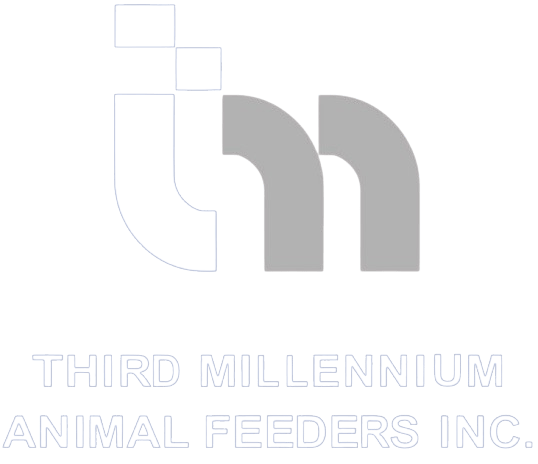


VestAmino® Lys
Lysine HCl
Lysine HCl (hydrochloride) and Lysine sulphate are two commonly used forms of lysine in poultry diets. Both forms serve the purpose of supplementing lysine, an essential amino acid, in the diets of poultry. Here are the benefits and advantages of using each form:
Lysine HCl (hydrochloride) benefits:
-
- High concentration and purity: Lysine HCl is a highly concentrated form of lysine, providing a pure source of the amino acid. This allows for precise lysine supplementation in poultry diets.
- Bioavailability: Lysine HCl is easily absorbed and utilized by the birds, ensuring efficient utilization of lysine in the diet.
- Formulation flexibility: Lysine HCl allows for more accurate formulation of poultry diets, as it provides a standardized and consistent lysine content. This helps in meeting the specific lysine requirements of poultry at different stages of growth and production.
- Ease of use: Lysine HCl is a crystalline powder that can be easily mixed into feed formulations, making it convenient to incorporate into poultry diets.
Lysine sulphate benefits:
-
- Cost-effectiveness: Lysine sulphate can be a more cost-effective option compared to Lysine HCl. It provides a source of both lysine and sulphur, which is vital for the synthesis of other sulphur-containing amino acids like cysteine and methionine.
- Sulphur supplementation: Lysine sulphate can contribute to sulphur supplementation in the diet, which is necessary for various metabolic processes and the synthesis of important compounds in the poultry’s body.
- Versatility: Lysine sulphate can be used as a source of lysine and sulphur simultaneously, providing flexibility in diet formulation and meeting the specific nutritional needs of the birds.
The use of both Lysine HCl and Lysine sulphate in poultry diets ensures that the lysine requirements of the birds are met. Lysine is an essential amino acid that plays a crucial role in protein synthesis, growth, feather development, and overall performance in poultry. By supplementing lysine in the diet, these forms contribute to:
- Optimal growth: Lysine is a limiting amino acid in many poultry diets, and supplementing it ensures that the birds have sufficient lysine for protein synthesis and growth.
- Improved feed efficiency: Adequate lysine levels in the diet support efficient nutrient utilization, leading to improved feed conversion and overall feed efficiency.
- Enhanced feather quality: Lysine is essential for the development of solid and healthy feathers, promoting good feathering and minimizing feather-related issues in poultry.
- Reproductive performance: Lysine is crucial for reproductive function, including fertility and hatchability rates in poultry.
Proper supplementation of lysine, whether through Lysine HCl or Lysine sulphate, helps optimize the nutritional profile of poultry diets, supports growth and performance, and ensures the birds’ overall health and well-being.




